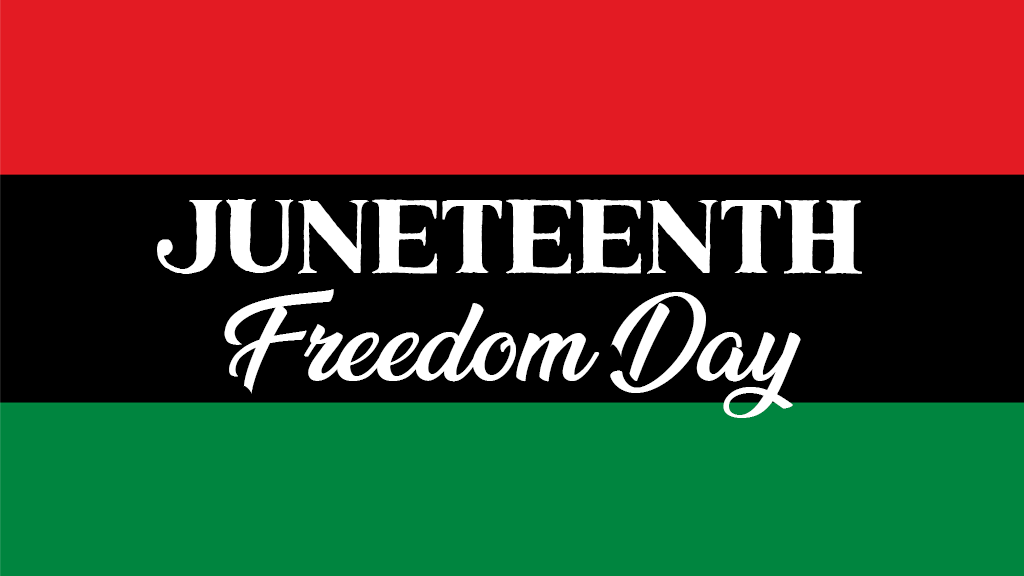Juneteenth, the Recently Recognized Federal Holiday,

June 19, 2023:Juneteenth, the most recent federal holiday, is gaining attention and recognition among Americans. This weekend we marked the third year since President Biden granted federal status to the holiday in 2021.
Juneteenth commemorates the end of slavery in Galveston, Texas, two years after the Emancipation Proclamation was issued in 1863, freeing enslaved Black people in the Confederacy.
The news of the Union troops’ victory over the Confederates spread slowly throughout the South and reached Galveston in 1865.
According to Leslie Wilson, a history professor at Montclair State University, Juneteenth is not solely a celebration of its historical significance but also a celebration of its symbolism—the transition from slavery to freedom.
Initially celebrated regionally in Texas, the holiday gained renewed attention during the second Great Migration following World War II. Black Americans brought their traditions, including commemorations of the final remnants of chattel slavery, as they traveled to various parts of the country.
During the civil rights movement of the 1960s, Juneteenth became a symbol of strength and triumph for African-Americans alongside the Civil Rights and Black Power movements.
However, widespread recognition of the holiday was slow to come. Juneteenth remained relatively obscure for many years, celebrated primarily within the Black community, with little understanding or acknowledgment from outside cultures and communities.
The federal recognition of Juneteenth in 2021 marked a turning point. Gallup polling revealed that, at the time of recognition, only 37 percent of American adults knew at least something about Juneteenth. Just a year later, that number had risen to nearly 60 percent.
As the holiday gained popularity, many Black people welcomed the increased recognition of African-American history as an integral part of the United States’ fabric.
However, concerns have emerged regarding the potential dilution of the holiday’s significance through corporate commercialization. Some fear the day may lose its gravity as it is exploited for profit.
Amara Enyia, a public policy expert in Chicago, expressed concerns about the commodification and commercialization of Juneteenth and the appropriateness of certain products and promotions associated with the holiday.
Moreover, some Republicans have weaponized the holiday as part of an ongoing culture war, accusing truthful acknowledgments of race and racism as attempts to demonize white Americans.
Despite these controversies, Juneteenth remains an occasion to reflect on America’s history and contemplate its future. It provides a chance for the United States to reevaluate its origins and the relationships among its diverse population.
Greg Carr, an associate professor of Africana Studies at Howard University, views Juneteenth celebrations as an opportunity for the country to consider the possibilities and potential of a united future.
In many ways, Juneteenth serves as a litmus test for the nation, symbolizing the country’s capacity for growth and progress.


















































